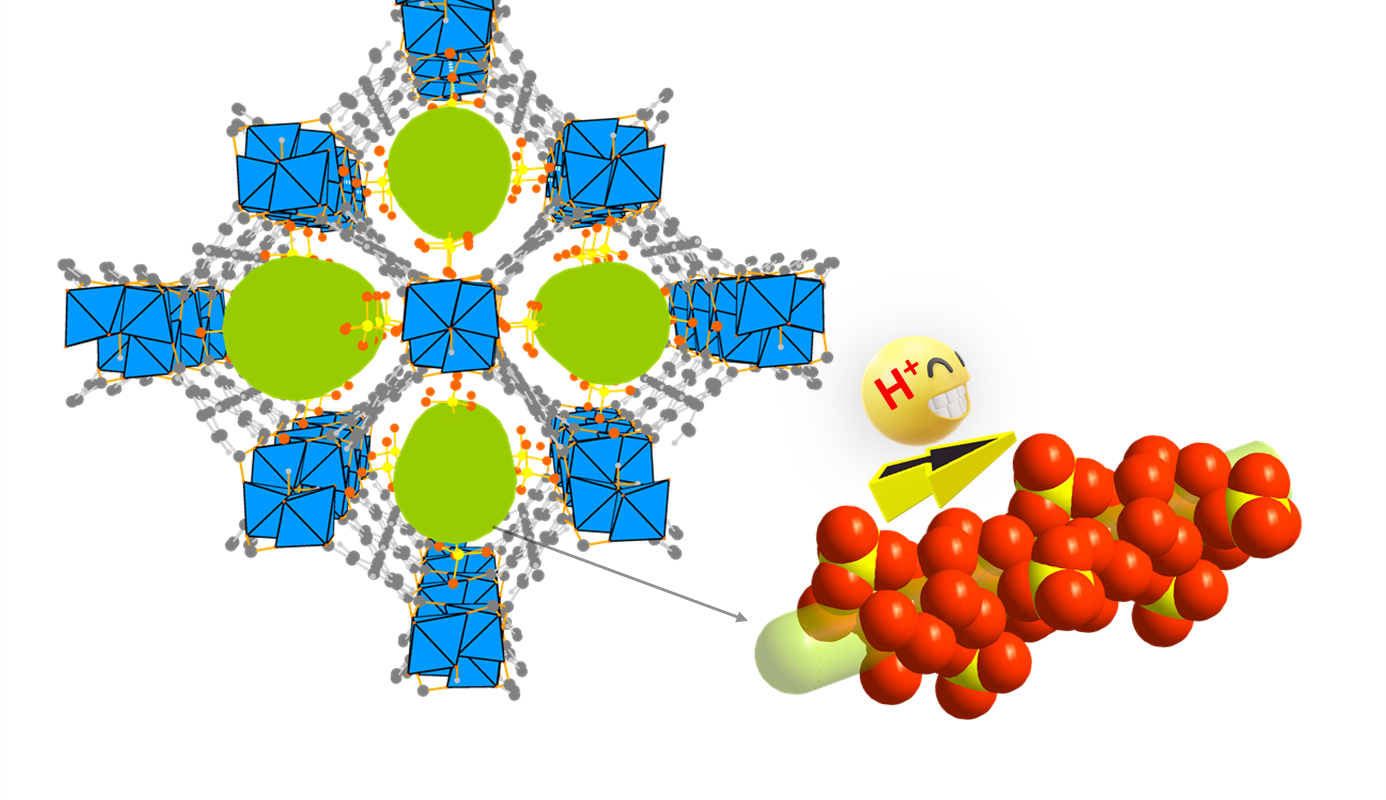Clathrate hydrates, ice-like compounds consisting of nano-sized water cages, have been found to have unique physical and chemical properties that make them highly useful for separation processes such as carbon dioxide (CO2) capture, hydrogen gas storage, natural gas transportation, and wastewater desalination. However, their limited gas storage capacities and slow formation rates, requiring high pressure and low temperature conditions, have posed significant challenges for their real-world applications. In a recent study led by Professor Youngjune Park from the Gwangju Institute of Science and Technology in Korea, researchers have comprehensively reviewed recent findings to address these challenges associated with clathrate hydrates.
The study explores the untapped potential of clathrate hydrates and provides efficient solutions for hydrogen (H2) storage by introducing hydrogen-natural gas blends into the hydrates. By bridging the macroscopic and microscopic properties of clathrate hydrates, the researchers present various strategies to maximize gas storage capacity, promote thermodynamic stability, and enhance hydrate formation kinetics.
The study discusses the microscopic approach, which includes techniques such as using ‘gas-phase modulators’ to synthesize hydrates, enabling the concurrent storage of light hydrocarbons and hydrogen while minimizing chemical waste generation. Tuning effects are also investigated to optimize gas storage capacity and stability. From a macroscopic perspective, the study explores the interfacial interactions with porous substances and how they accelerate kinetics for rapid hydrate formation. The researchers also summarize the use of chemical additives for enhancing hydrate formation.
The research findings have significant implications for the gas storage and separation industry, particularly in achieving carbon neutrality. The study demonstrates the practical and economic viability of clathrate hydrates for pre- and post-combustion CO2 capture, assisting in reducing carbon dioxide emissions from power plants and mitigating climate change. The insights from this study also contribute to increasing the storage and transportation capacity of hydrogen and natural gas, supporting industries involved in energy applications.
Furthermore, the study highlights the potential for clathrate hydrates in other sustainable applications, such as gas separation and desalination processes. This opens up possibilities for large-scale processing in industries that require efficient water treatment and substance purification. Clathrates can also play a role in storing and transporting gases produced in renewable energy processes, such as biogas or syngas.
The research emphasizes the essential link between nanostructures and macroscopic characteristics, emphasizing the importance of understanding their interaction for economic viability. By revealing the hidden nature of clathrate hydrates, this study paves the way for new approaches to address challenges and establish practical applications. The findings are crucial for the development of clathrate hydrate-based technologies for hydrogen storage, carbon dioxide separation, and various other applications essential for a future low-carbon society.
In conclusion, the study conducted by Professor Youngjune Park and his team provides valuable insights and strategies to overcome the limitations of clathrate hydrates, unlocking their untapped potential for sustainable gas storage and separation. These findings have implications for industries involved in energy applications, water treatment, and carbon capture, contributing to a greener and more sustainable future.
*Note:
1. Source: Coherent Market Insights, Public sources, Desk research
2. We have leveraged AI tools to mine information and compile it




